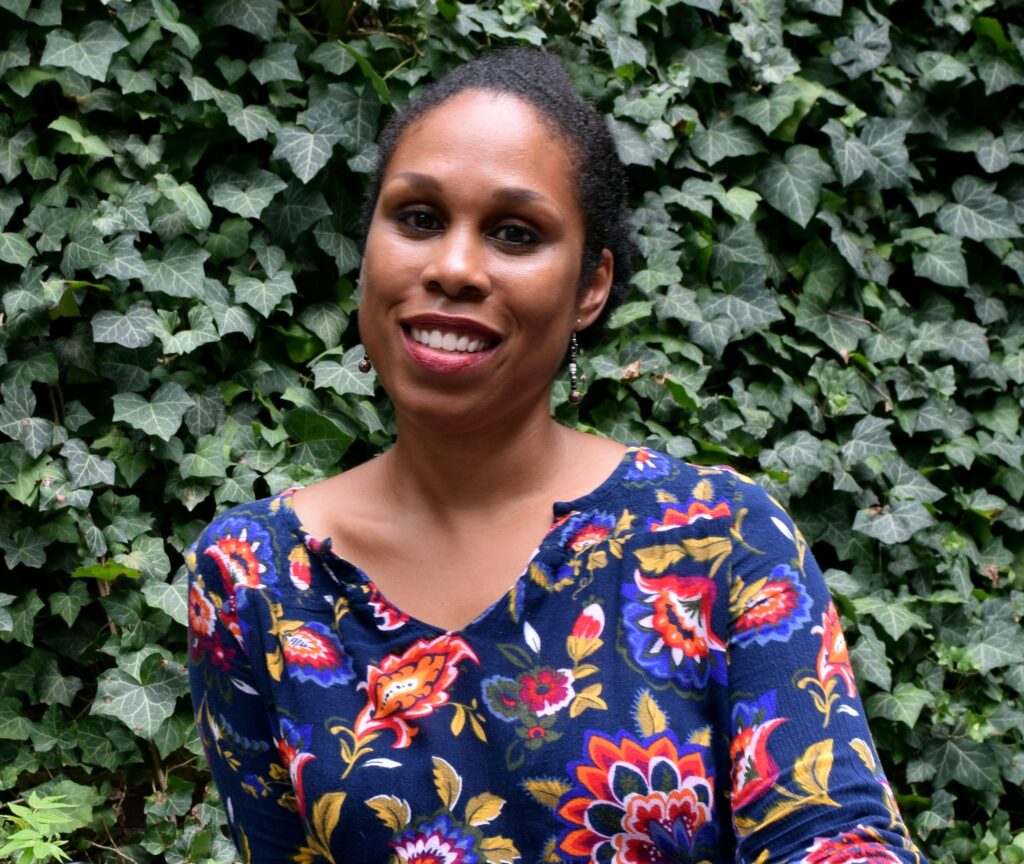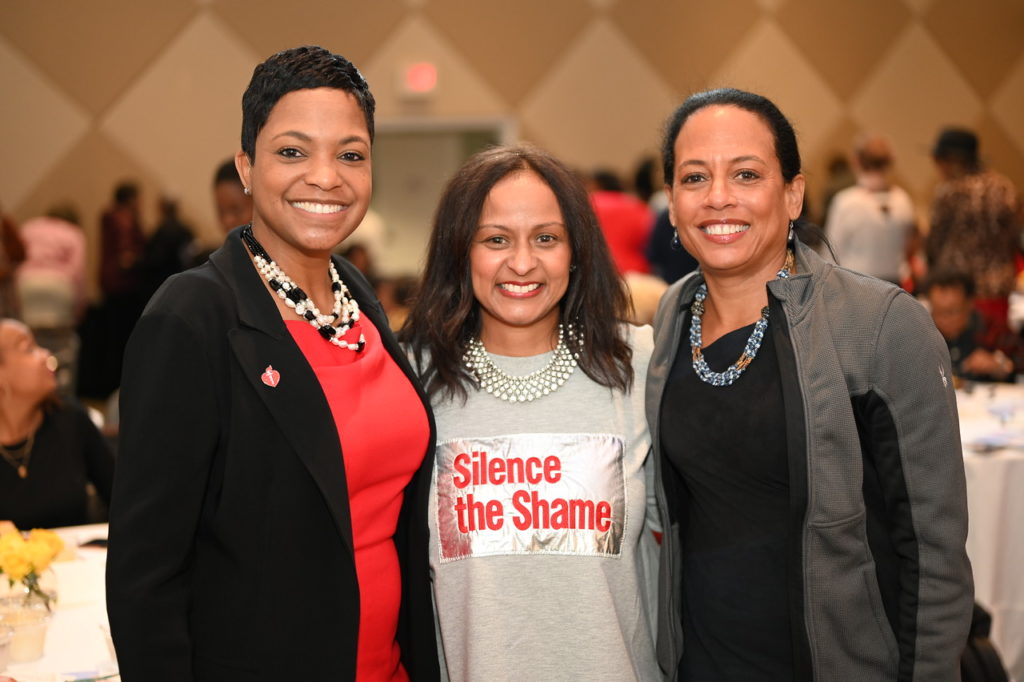Founded by Dr. Carter G. Woodson in 1926 and officially recognized by President Gerald Ford in 1976, Black History Month is a time to honor the contributions and legacy of African Americans throughout U.S. history and raise awareness of the challenges they face.
This year’s Black History Month theme is “Black Health and Wellness,” focusing on the legacy of Black scholars and medical practitioners and their dedication to providing comprehensive and equitable healthcare for minority communities. Initiatives include expanding diversity among healthcare practitioners, improving health education resources, and increasing demographic representation throughout all medical and health programs.
Improving Equity and Diversity in Rare Disease
Likewise, advocacy organizations and practitioners will highlight the influential work of these Black visionaries and the importance of equity in many areas of healthcare. One critical aspect of these advocacy organizations is focusing on rare diseases and their impact on minority communities. Linda Goler Blount and Dr. Oni Blackstock are two female founders leading the change in healthcare.
Linda Goler Blount, MPH - Black Women's Health Imperative
Linda Goler Blount, MPH, is President and CEO of Black Women’s Health Imperative, a non-profit group working with the Rare Disease Diversity Coalition to advocate for rare disease patients. Blount is an epidemiologist and was the first National Vice President of Health Disparities at the American Cancer Society. She has more than 25 years of experience advocating for and furthering medical progress in minority communities. Currently, she transforms diversity and equity efforts in the rare disease community. Blount says,
"For those living with a rare disease, these disparities are no different: communities of color face unacceptable barriers to accessing a diagnosis and proper treatment. I'm honored to work with our esteemed steering committee to take urgent action on this issue."
The goals of the Black Women’s Health Imperative include:
- Reduce racial disparities in the rare disease community.
- Find and advocate for evidence-based solutions to alleviate the disproportionate burden of rare diseases in minority communities.
- Achieve greater equality in the rare disease community.
Additionally, the Rare Disease Diversity Coalition works to:
- Advocate, educate, and amplify the voices of Black women.
- Promote lifestyles and strategies for rare disease families.
- Spread information and research findings to strengthen Black women’s health knowledge.
Blount’s dedication and success in raising awareness and fundraising for the Rare Disease Diversity Coalition elevate her platform and message. In 2021, Blount became a member of the Forbes Nonprofit Council, where she strives for racial equity in the rare disease community.
Reducing Healthcare Inequities in Minority Communities
Dr. Oni Blackstock - Health Justice
Another professional advocating for equity in minority healthcare is Dr. Oni Blackstock, Founder and Executive Director of Health Justice. Dr. Blackstock is a primary care physician focusing on treating patients with HIV and an influencer in HIV treatment and health equity. Dr. Blackstock completed her undergraduate and medical degrees at Harvard University. After graduation, she became an Assistant Professor at Montefiore Medical Center/Albert Einstein, College of Medicine in New York City, where she continued her HIV research. In 2018, Dr. Blackstock led the New York City Department of Health’s initiatives to end the HIV epidemic.

Dr. Blackstock expresses how her personal experience growing up as a socioeconomically disadvantaged woman of color inspires her to provide equal access to medical care. Ultimately, these firsthand experiences encouraged Dr. Blackstock to create her organization, Health Justice.
The goals of Health Justice are to:
- Support health-related organizations to counter anti-racism and equity in the workplace and to reduce health inequities in the communities they serve.
- Lead with racial equity.
- Host speaking engagements and tailored virtual training to provide leadership guidance.
Amplifying Representation in Healthcare
Both Blount and Dr. Blackstone continue forging a path to sustained equity in healthcare for underrepresented communities. While Dr. Blackstone focuses on reducing healthcare inequities through leadership training programs, Blount uses her knowledge of racial disparities in rare diseases to achieve equality within the community. Both women advocate for representation in healthcare and encourage providers to listen to the patient and treat each one as an individual. Increased representation leads to earlier diagnosis, better treatment, and more positive outcomes.
In conclusion, addressing inequity in healthcare is a critical first step towards lasting change. Leaders like Blount and Dr. Blackstone utilize their experiences and platforms to advance health equity. We spark ongoing discussion and industry-wide transformation efforts by acknowledging and amplifying Black medical professionals’ contributions during Black History Month and beyond. Clincierge supports the fight against disparities in health care by improving diversity and access to make clinical trial participation possible.



